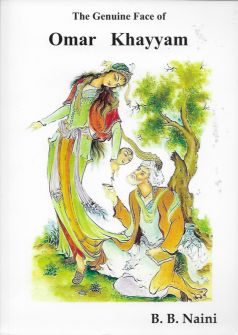FitzGerald’s Omar and Hardy’s Jude: A Humanistic Kinship. Asad al-Ghalith.
The Midwest Quarterly, 51 (2010) 1, pp. 57–69.
Edward Fitzgerald’s poem, The Rubaiyat of Omar Khayyam, focuses on some of the major humanistic issues of the Victorian period: What is man? From whence did he come? What is his purpose in life? In FitzGerald’s translation of the poem, Omar appears to be strongly preoccupied with the fatalistic vision of man’s existence. This vision was one that emerged again and again in Victorian writers. Thomas Hardy, in Jude the Obscure, wrestled with a fatalistic view of man not unlike FitzGerald’s. This article will draw parallels between the two literary works not only to suggest a matter of influence, but also to stress the common intellectual heritage of humankind.
